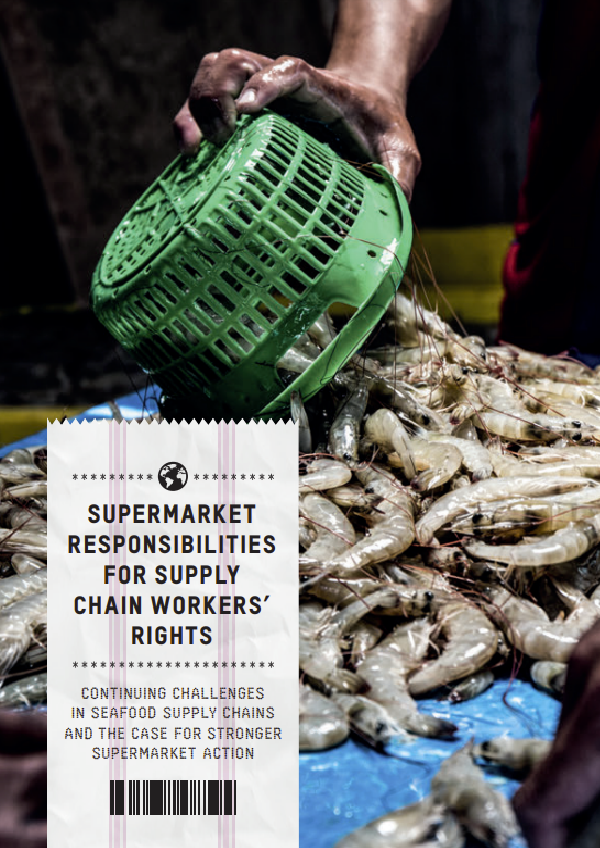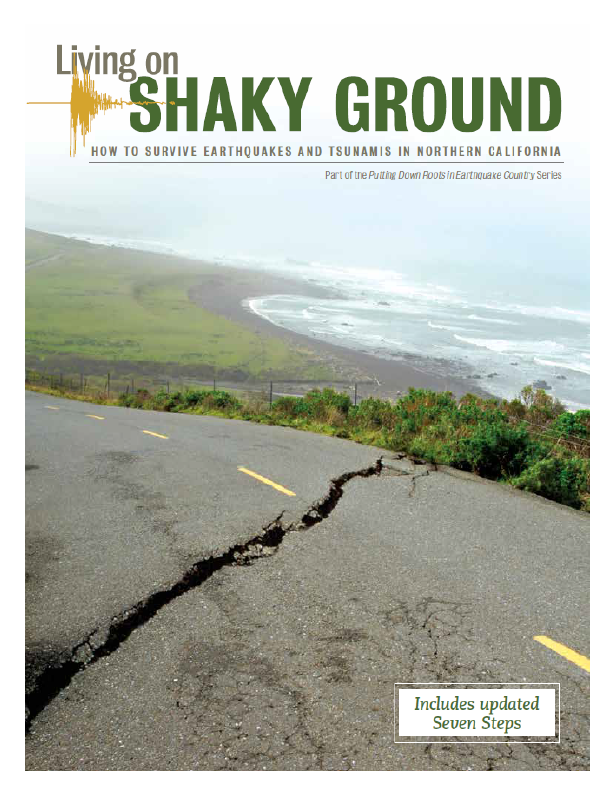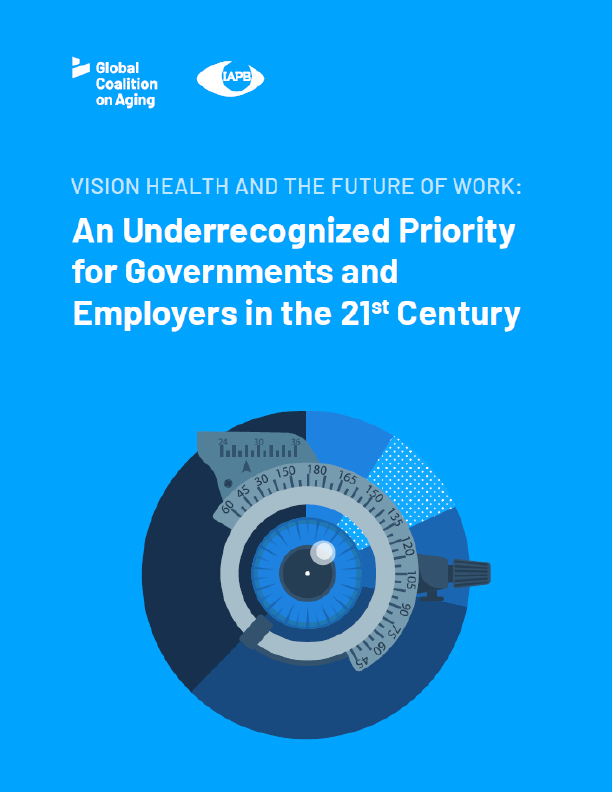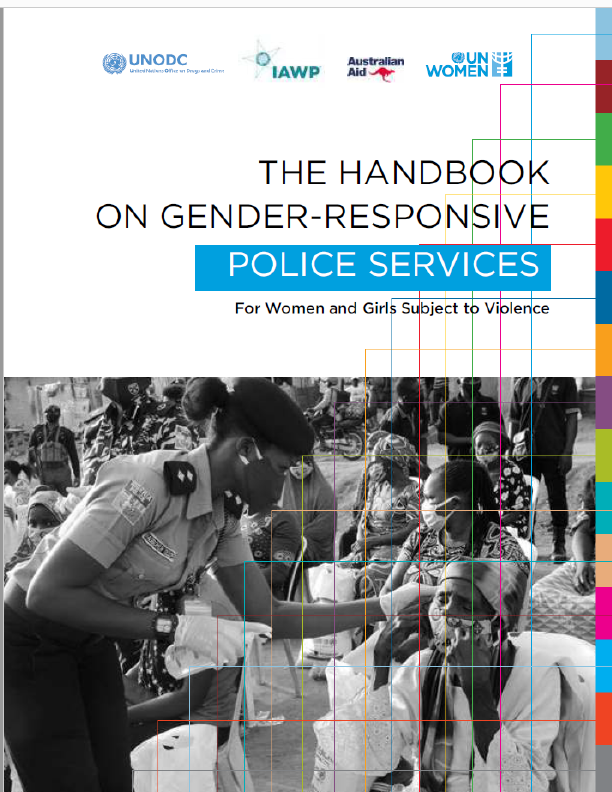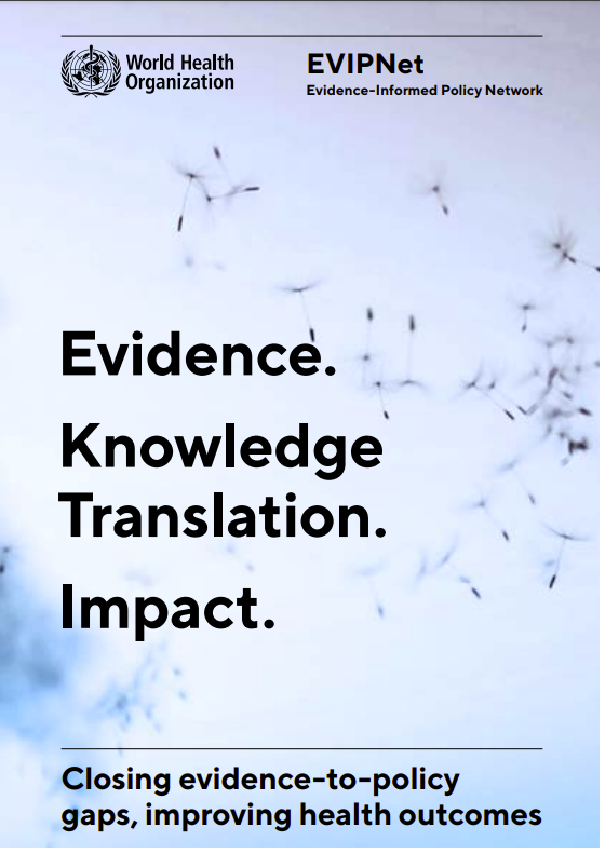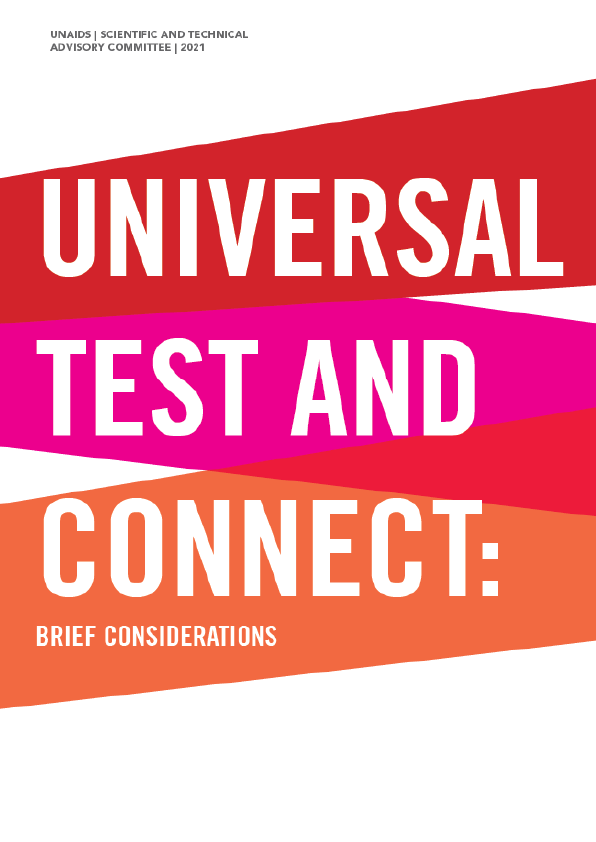Supermarket responsibilities for supply chain workers’ rights
Continuing challenges in seafood supply chains and the case for stronger supermarket action
International food supply chains provide employment for tens of millions of women and men around the world, demonstrating the potential for private sector actors to fight poverty and inequality. Yet far too many work in appalling conditions. The ongoing challenges in seafood supply chains are illustrative of the problems that can arise and the need for stakeholders to tackle their root causes. This is one of a series of in-depth studies to supplement Oxfam’s global campaign report, Ripe for Change: Ending human suffering in supermarket supply chains.
Labor rights or workers’ rights are both legal rights and human rights relating to labor relations between workers and employers. These rights are codified in national and international labor and employment law.
This report assesses recent progress in realizing workers’ rights in seafood supply chains originating in Southeast Asia; provides new evidence of ongoing workers’ rights challenges in US and European supermarket shrimp supply chains beginning in Indonesia and Thailand; and explores the need, in particular, to address the buyer power of supermarkets and other lead firms to squeeze value from their suppliers.
The results of Oxfam’s Supermarkets Scorecard on the ‘Workers’ theme reveal the further steps that supermarkets can and should take to identify and address their impacts on supply chain workers’ rights around the world, in line with their responsibilities under the UN Guiding Principles on Business and Human Rights.
Introduction
WORKERS’ RIGHTS VIOLATIONS ARE ENDEMIC IN SUPERMARKET SUPPLY CHAINS
Tens of millions of people work in global food supply chains. The International Labour Organization (ILO) has estimated that 22 million people work for food manufacturing companies alone. But that is only the tip of the iceberg. Millions more work in formal and informal roles as hired hands on small-scale farms, as seasonal labour on huge plantations, onboard fishing vessels at sea, or in primary processing and packaging roles at markets and ports around the world.
Yet for far too many, these jobs are marked by poverty wages and appalling working conditions.
The extensive research published at the launch of Oxfam’s new campaign reveals numerous examples of human and labour rights violations in supermarket supply chains. From dire working conditions endured by women picking fruit and vegetables in southern Italy, to exposure to dangerous chemicals on pineapple plantations in Costa Rica and poverty wages paid to tea pickers in India, our research confirms a widely documented conclusion: that workers around the world are suffering in order to stock supermarket shelves.
AN EGREGIOUS CASE: LOW-SKILLED WORKERS SUPPLYING SUPERMARKET SHRIMP
Some of the most egregious examples of such abuse to have hit media headlines in recent years concern the use of forced labour in supermarket shrimp supply chains originating in Southeast Asia. Both the challenge to workers’ rights in this sector, and examples of progress following the introduction of various measures in recent years, are described in Section 1. However, new research by Oxfam and the Sustainable Seafood Alliance Indonesia, presented in Section 2, reveals that grave problems persist for the women and men working to supply shrimp and other types of seafood to major supermarkets in the US and Europe.
Our interviews with workers on Thai fishing vessels, described in Box 5, suggest that forced labour and other appalling employment practices are still in use. Our findings echo those of other recent reports, meaning that supermarkets sourcing shrimp and other seafood from the region still have urgent questions to answer about the conditions of fisheries workers behind the products they sell.
However, for women, who make up 80–90% of the workforce at shrimp and other seafood processing plants, the challenges take place on land, not at sea. Oxfam and the Sustainable Seafood Alliance Indonesia interviewed workers from some of the biggest shrimp processors and exporters in Thailand and Indonesia respectively, that among them supply or have supplied supermarkets such as Ahold Delhaize, Albertson’s, national entities of Aldi North and Aldi South, Asda, Costco, Edeka, Jumbo, Kroger, Lidl, Morrisons, Rewe, Sainsbury’s, Tesco, Walmart, and Whole Foods. Workers reported numerous examples of entrenched ‘low road’ working conditions, summarized in Box 6.
